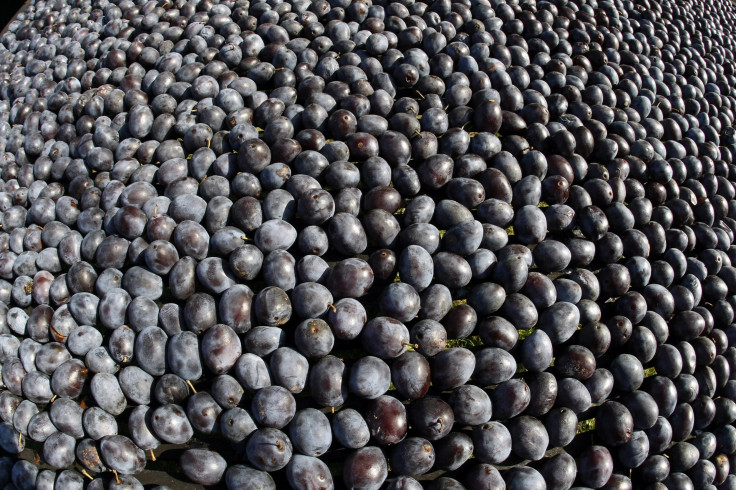Dried plums cuts risk of colon cancer, research reveals

Eating dried plums regularly can positively affect gut bacteria throughout the colon, which may help reduce the risk of colon cancer, suggests a team of researchers from Texas A&M University and the University of North Carolina.
According to their study, dried plums contain phenolic compounds which have multiple benefits on one’s health, such as serving as antioxidants to neutralise the oxidant effect of free radicals that damage the DNA.
The research, presented at the 2015 Experimental Biology conference in Boston, analysed the potential cancer-protective properties of dried plums using a well-established rat model of colon cancer. In the experiment, the team tested the hypothesis that consumption of dried plums would promote retention of beneficial gut bacteria or microbiota and its association with a reduced incidence of precancerous lesions.
Earlier studies have shown that one’s diet can alter the metabolism and composition of colon microbiota, which has major implications for disease prevention and treatment, according to Dr Nancy Turner, the study’s lead author and a professor in the nutrition and food science department of Texas A&M University. She says trillions of bacteria are present in one’s intestinal tract, and to date, more than 400 individual species have been identified. Based on previous research, disruptions to the microbiota may be a factor in the initiation of intestinal inflammation and recurrence of inflammatory bouts that can promote development of colon cancer.
Derek Seidel, a doctoral graduate student and research assistant for Turner who was part of the study, said that the rats used in the experiment were fed with either a controlled diet or a diet containing dried plums. According to him, after examining the intestinal contents and tissues from different segments of the rats’ colons, they found that those consuming dried plums had significantly reduced numbers of aberrant crypts, aberrant crypt foci and high-multiplicity aberrant crypt foci compared to control rats. These aberrant crypt foci are one of the earliest observable precancerous lesions and are often considered a strong indicator for cancer development, Seidel explained.
Turner claims these data support their hypothesis that dried plums protect against colon cancer, which may be due to their ability “to establish seemingly beneficial colon microbiota compositions in the distal colon.” While additional research is needed particularly in human studies, she says the results from this study may lead to a viable dietary strategy which can help individuals reduce the risk of colon cancer.
According to the World Health Organisation, colon cancer is a major cause of morbidity and mortality in the world, accounting for over 9 percent of all cancer incidence. It is considered as the third most common cancer worldwide and the fourth most common cause of death.
Contact the writer at feedback@ibtimes.com.au or tell us what you think below.




















